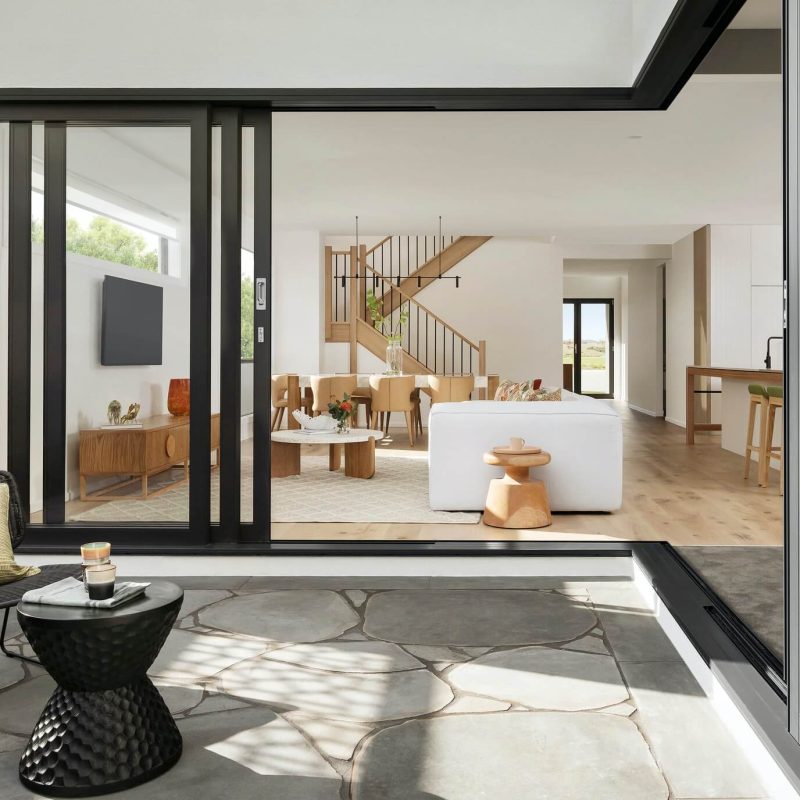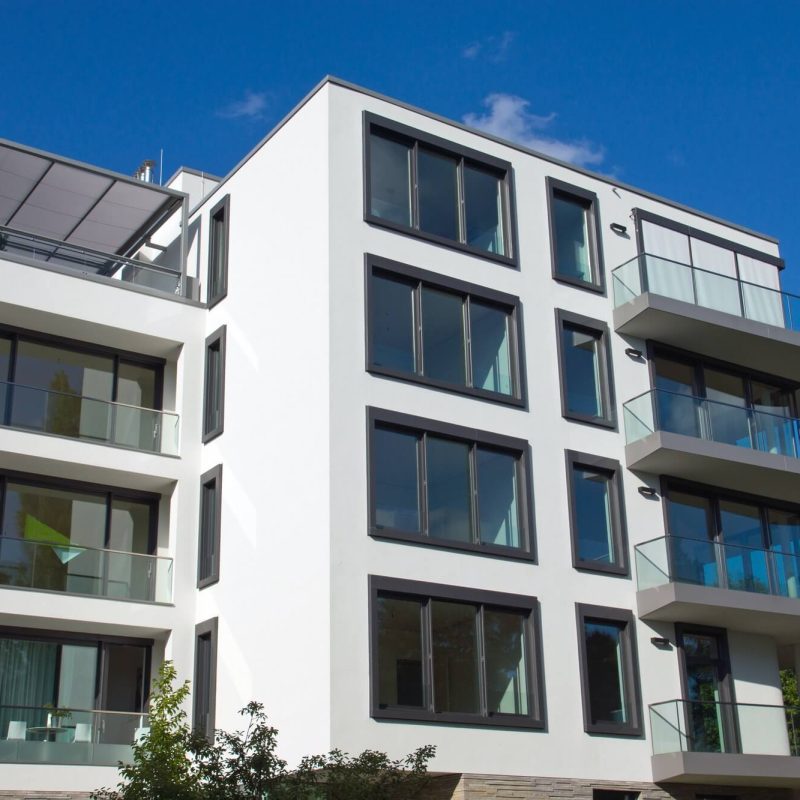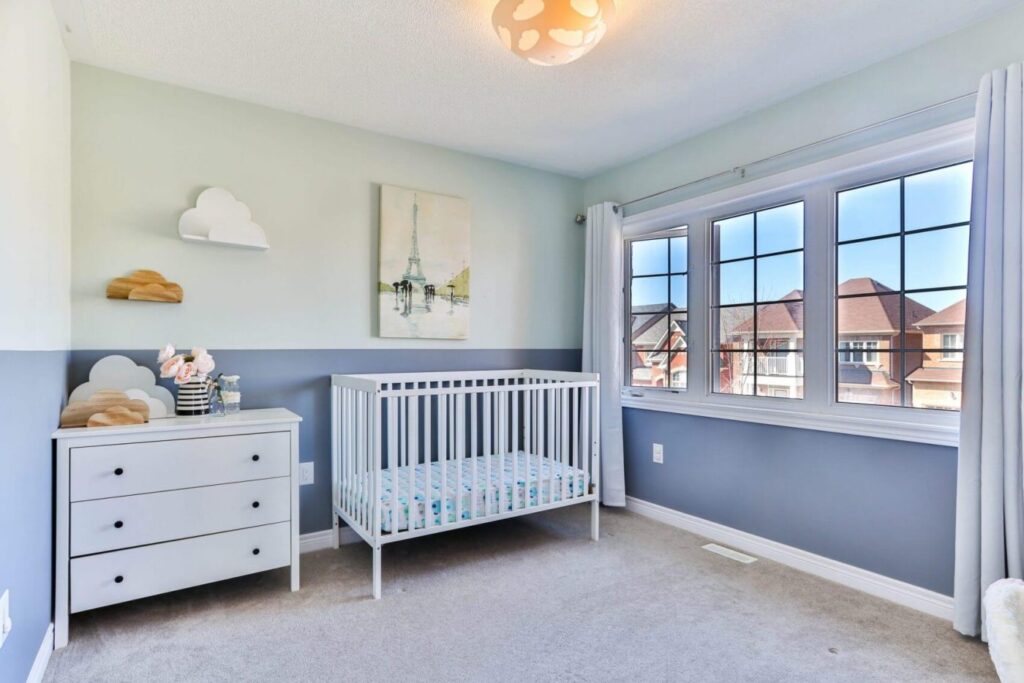
Commercial Real Estate vs. Residential: Which is Better?
Investing in real estate has long been considered one of the most reliable ways to build wealth. However, a key question that many new and experienced investors face is whether to invest in commercial real estate (CRE) or residential real estate. Each asset class has its unique advantages and challenges, and the decision largely depends on your financial goals, risk tolerance, and investment strategy.
In this article, we will explore the key differences between commercial and residential real estate, weigh the pros and cons of each, and help you determine which option may be better suited for your investment portfolio.
Understanding Commercial and Residential Real Estate
Before diving into the comparison, it’s important to understand the fundamental distinctions between commercial and residential real estate.
Residential Real Estate refers to properties intended for personal use and habitation. This includes single-family homes, apartments, condos, townhouses, and multi-family properties with up to four units.
Commercial Real Estate (CRE) includes properties that are used for business purposes. These include office buildings, retail centers, warehouses, industrial properties, and multi-family properties with more than four units. The primary goal of commercial properties is to generate income for the owner through rental agreements with businesses or tenants.
Both types of real estate can be lucrative, but they come with different risks, responsibilities, and returns.
Pros and Cons of Residential Real Estate
Pros of Residential Real Estate
Easier to Enter for New Investors Residential properties, especially single-family homes, are generally more affordable than commercial properties. This lower barrier to entry makes it easier for first-time investors to get started. Additionally, financing options for residential properties are typically more accessible.
Consistent Demand Everyone needs a place to live, so the demand for residential housing tends to be relatively stable. This consistency can provide a reliable source of rental income, especially in high-demand areas.
Emotional Appeal Residential properties often have emotional appeal for investors. People tend to invest in areas they are familiar with or in homes they can picture themselves living in. This familiarity can make the investment process feel less daunting for some.
Simpler Lease Structures Residential leases are generally shorter and simpler than commercial leases. Most residential leases are for one year or less, and there are fewer legal complexities involved compared to commercial leases.
Cons of Residential Real Estate
Higher Tenant Turnover Residential tenants tend to move more frequently than commercial tenants. As a result, landlords may face higher vacancy rates and the cost of re-leasing the property more often. Tenant turnover can lead to lost rental income and additional costs for maintenance or repairs between leases.
Lower Rental Income Residential properties generally offer lower rental yields compared to commercial properties. While demand is stable, the potential to generate significant cash flow is typically lower with residential properties, especially in single-family homes.
More Hands-On Management Managing a residential property can be more labor-intensive. Landlords often deal with maintenance issues, tenant disputes, and other day-to-day management tasks. While property management companies can alleviate some of this burden, they also reduce your overall returns by charging management fees.
Pros and Cons of Commercial Real Estate
Pros of Commercial Real Estate
Higher Income Potential One of the main attractions of commercial real estate is the higher income potential. Commercial properties generally offer better rental yields than residential properties. This is particularly true for prime locations in major cities where businesses are willing to pay a premium for the right space.
Long-Term Leases Commercial tenants typically sign longer lease agreements, often ranging from three to ten years or more. These long-term leases provide stable and predictable cash flow for the property owner, reducing the risk of frequent vacancies and tenant turnover.
Tenants Often Pay Expenses In many commercial leases, tenants are responsible for covering certain operating expenses, such as property taxes, insurance, and maintenance (commonly referred to as a triple-net lease). This arrangement can significantly reduce the property owner’s overhead costs and increase net returns.
Potential for Property Appreciation Commercial properties in high-demand locations often appreciate faster than residential properties. This appreciation can lead to significant profits upon resale, especially if the property is well-maintained and located in a growing market.
Cons of Commercial Real Estate
Higher Initial Costs Commercial properties are typically more expensive to purchase and maintain than residential properties. The higher upfront costs can make it more difficult for small or first-time investors to enter the market.
More Complex Financing Securing financing for commercial properties can be more challenging than for residential properties. Lenders often require a larger down payment (typically 20-30%) and may impose stricter lending criteria. Interest rates on commercial mortgages are usually higher as well.
Longer Vacancy Periods While commercial tenants may sign long-term leases, vacancies can last much longer when they do occur. Finding the right tenant for a specialized space, such as an office or retail store, can take months or even years, which can result in a significant loss of rental income.
Economic Sensitivity Commercial real estate is more sensitive to economic cycles than residential real estate. During economic downturns, businesses may downsize or close, leading to higher vacancy rates and reduced rental income. The demand for office and retail spaces can fluctuate significantly based on economic conditions, while people always need a place to live.





Which is Better: Commercial or Residential Real Estate?
The answer depends on your financial goals, risk tolerance, and investment strategy. Both commercial and residential real estate have the potential to generate significant wealth, but they cater to different types of investors.
Residential real estate is generally a better option for beginners or those looking for a more hands-on, stable investment. The lower entry costs and consistent demand for housing make it appealing for individuals seeking steady rental income with manageable risks. Residential properties also offer the flexibility to transition between owner-occupied and rental use.
Commercial real estate, on the other hand, is better suited for experienced investors or those with a higher risk tolerance. The potential for higher income, long-term leases, and lower management costs makes it attractive for investors seeking to build a larger, more profitable portfolio. However, the initial capital outlay, market sensitivity, and longer vacancy periods can be deterrents for some.
With The8Venue’s support, you can confidently navigate the real estate market, regardless of whether you’re investing in residential or commercial properties. Contact us today to explore your options and start building your real estate portfolio.
How The8Venue Can Help
At The8Venue, we specialize in both residential and commercial real estate, offering services that cater to a diverse range of investors. Whether you’re looking to expand your portfolio with a residential property or capitalize on the high returns of commercial investments, our experienced team is here to guide you every step of the way.
With our deep market insights, personalized investment strategies, and access to exclusive property listings, we help clients make informed decisions based on their specific goals. Whether you’re starting small with a single-family rental or planning to invest in a prime commercial space, The8Venue provides the tools and resources you need to succeed in the competitive world of real estate.
Conclusion
Both commercial and residential real estate offer unique opportunities for building wealth. Deciding which is better for your investment portfolio depends on your goals, financial situation, and how much risk you’re willing to take. While residential properties provide stability and lower barriers to entry, commercial real estate offers the potential for higher income and long-term growth.
LEAVE YOUR THOUGHT HERE
Recent Post
For First-Time Homebuyers – careful planning and strategic thinking
How to Find the Perfect Property in a Competitive Market
The Pros and Cons of Buying vs. Renting
Dream Home – not just a financial investment but also a personal one
A Beginner’s Guide to Investing in Real Estate
Want to List your Property?
Real Estate Investment: Risks vs. Rewards
Real Estate Investment: Risks vs. Rewards Investing in real estate…
The Benefits of a Property Portfolio for…
The Benefits of a Property Portfolio for Long-Term Wealth Investing…
The Top Mistakes Property Investors Make and…
The Top Mistakes Property Investors Make and How to Avoid…
Building Your Real Estate Empire: Where to…
Building Your Real Estate Empire: Where to Start Building a…
How to Build a Profitable Property Portfolio
How to Build a Profitable Property Portfolio Building a profitable…
For First-Time Homebuyers – careful planning and…
Top Tips for First-Time Homebuyers Buying your dream home is…






